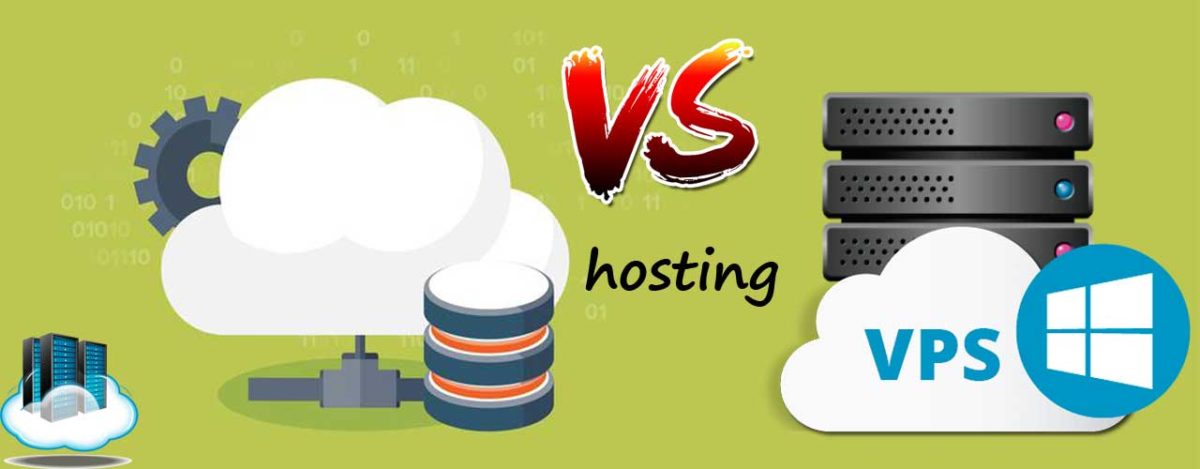When organizing a company’s work, not only the selection of appropriate software plays an important role, but also the type of hosting, which is used for the needs of the company. Until recently, almost everyone used local hosting services, but with the advent of cloud technology, everything has changed dramatically. Now, more and more companies are trying to use the capabilities of server technology to the maximum benefit for themselves and their employees. Nevertheless, in today’s business world there are still fans of local data storage. What is the difference between cloud hosting and storing corporate data on-premises – read our brief article.
What is cloud hosting technology?
Storing corporate data in the cloud works on the principle of placing data on remote servers which can only be accessed by registered users. In fact, the way important information is stored is the main difference between cloud and local hosting. In the first case, the user physically can not use the data from their storage, because they are stored outside the company – on remote servers. In the case of local hosting, on the other hand, these servers with corporate data are usually stored within the company or close to it, so theoretically anyone can get in.
There is considerable debate about the advantages and disadvantages of each of these data storage methods, but we can already see a steady increase in the number of cloud hosting users. This is due not only to the advantages of remote storage of confidential information, but also to the convenience for users, which has already been appreciated by many companies around the world.
What are the advantages of cloud hosting technology compared to local hosting?
The advantages of server technology can be a very long story. We just want to draw your attention to the main advantages of cloud hosting, which is used to organize the work in many companies. Among them, it is worth paying special attention to the following points:
- Efficiency. All tasks that are performed using cloud technologies take much less time than with traditional local infrastructures. And it does not matter where the server and the user are located – as long as they have a good quality Internet connection.
- Higher security. The question of data security with sensitive information is of concern not only to company executives but also to ordinary Internet users. Modern cloud hosting technologies provide much better protection for such data because they use digital technology for this purpose. In addition, remote data storage does not provide even the slightest opportunity for third-party intrusion into the storage and the use of information for illegal purposes.
- Economical benefits. Experts have long ago calculated that installation and future maintenance of cloud hosting is much cheaper than using their own local data storage. In fact, companies only pay for cloud storage space, while on-premises users also have to pay for the equipment used to store data.
Despite the differences and friction between supporters of different technologies, further development of business clearly indicates that cloud hosting will gradually replace all other methods of data storage and use.

